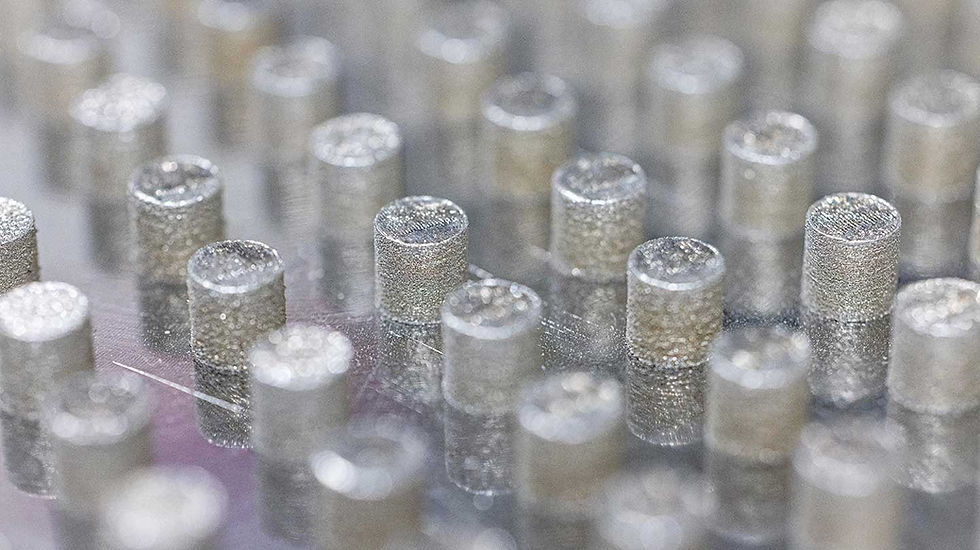Experts at the Johns Hopkins APL are developing sensors for early defect detection in additively manufactured parts.
High-speed sensors capture spectral and temperature data in real-time to prevent defects during the 3D printing process.
Integration of Artificial Intelligence aims to accelerate and enhance defect detection, facilitating the production of more reliable and high-quality parts.
Breaking New Ground in 3D Printing: Sensors for Early Defect Detection Revolutionize Additive Manufacturing.

3D printing holds significant potential for production, yet defects in additively manufactured parts have hindered widespread application. Experts at the Johns Hopkins Applied Physics Laboratory (APL) are addressing this issue by developing sensors capable of detecting and preventing errors before they occur.
Vince Pagán, Scientist for Experimental Optics at Johns Hopkins APL, emphasizes the importance of the problem: "The Achilles' heel of 3D printing is the occurrence of defects that can lead to weakening and failure of parts, especially in critical applications such as national defense and aerospace."
To solve this problem, experts at APL are developing sensors capable of detecting defects during the manufacturing process. This research is supported by the Hopkins Extreme Materials Institute, the Army Research Laboratory, and the Office of Naval Research.
A common issue in additive manufacturing is the formation of keyhole defects during the powder bed fusion process. These can compromise structural integrity. By developing high-speed sensors that capture spectral and temperature data in real-time, the formation of such defects can be detected and prevented early.
The researchers plan to integrate Artificial Intelligence into the process to accelerate the feedback loop and further improve defect detection. This is expected to enable the production of more reliable and high-quality parts.







